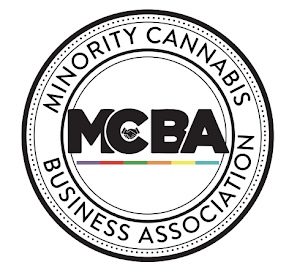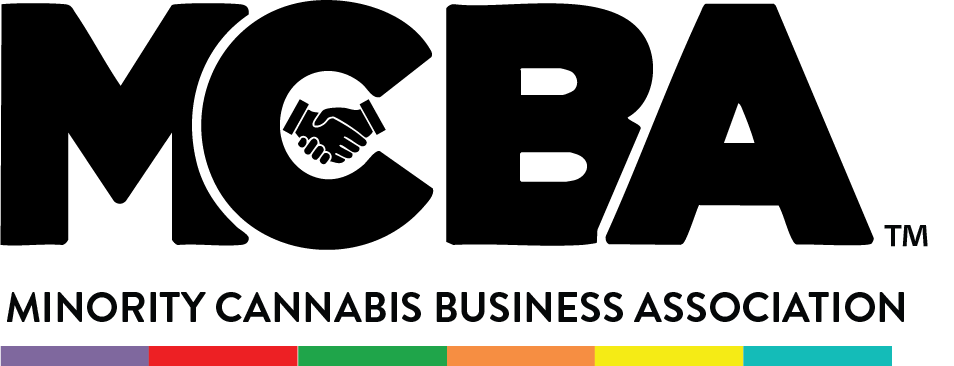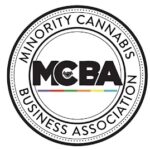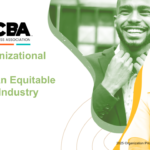
A GIC Series on Returning Citizens and Community Restoration

Part II: Paper Chains- The Bureaucracy of Reentry and the Illusion of Expungement
In Part I of Green Ink Chronicles Presents: Rooted in Justice, I explored how Baltimore’s abundance of vacant homes stands in stark contrast to the housing crisis faced by returning citizens. I highlighted programs like The Fortune Society’s “Castle,” EDWINS in Cleveland, and Baltimore’s HUBS model; examples of how housing and career pathways can be meaningfully linked. I also introduced Colin Fraiser of Upling, who is advocating for a Maryland Cannabis Reentry Housing Fund that reinvests cannabis tax revenue into housing, legal aid, and workforce support. What I found is that legalization alone doesn’t equal justice; true equity means repairing what’s been broken through policy, not just promises.
The Obstacles Faced When Re-entering Society
They tell you you’re free and your time has been served. But somehow, the chains are still there. Ignored by the system, invisible to others, but heavy in real life. For many returning citizens, the promise of expungement is nothing short of failed bureaucracy at its finest. A maze of paperwork, long wait times, confusing processes, and outdated systems that still carry your past record at just the push of a button.
You try to get a job, but your so-called “cleared” record still shows up. You apply for housing, but you’re flagged as ineligible and that’s if you have access to the resources to apply in the first place. You try to move on, but the system isn’t set up for you to take your first step. This is a huge obstacle for those reentering society and needs to be addressed. It’s important to note that the focus has to be bigger than just the single act of expungement to produce a positive outcome. As a nurse, I love a holistic approach; this needs everything thrown at it!
In 2024, Maryland took a major step with the passage of Senate Bill 432 (SB432), Maryland’s new Expungement Reform Act, one of the most comprehensive expungement reforms the state has ever enacted. The new law expands eligibility for automatic expungement, reduces mandatory waiting periods, and most importantly, ends the outdated practice of disqualifying people from expungement because of minor supervision violations like missed parole meetings or late restitution payments.2
The system has been rigged; a small mistake, even those you had no control over, knocks you out of the game. In many ways, SB432 places Maryland alongside a small but growing list of states, like Pennsylvania, Connecticut and Delaware that are finally recognizing that technical missteps shouldn’t carry lifelong consequences.1 However, even with the passage of SB 432, there’s a disconnect between policy on paper and equity in practice. Clearing someone’s record doesn’t automatically create a clear path for success. For those with cannabis-related convictions, their experiences are intricately layered.

Bureaucracy, The New Punishment
While state after state, including Maryland, bring in unbelievable amounts of profits from tax revenue (in the millions), returning citizens are left to navigate legislative walls and institutional delays, with often only a few dollars to their names.
Bureaucracy becomes their new punishment. It’s slow to action, steals their time, opportunities, and dignity; while often disproportionately affecting Black and Brown returning citizens who are already navigating decades of systemic neglect.
“You hear the word ‘expungement’ and think that means your life resets. But nobody tells you it still shows up on background checks. Or that you have to explain yourself again and again to people who never cared that the system changed.” – Kyle Page, LPP Ambassador
Kyle’s experience isn’t unique. Thousands of returning citizens share the same frustration: legal records may be cleared, but systemic records rarely update as quickly. And while Maryland’s expungement reforms represent real progress, the lived experience of navigating background checks, employment barriers, and public databases tells a far more complicated story.
Organizations like the Last Prisoner Project (LPP) are working to close that gap between policy and reality. Beyond fighting for releases, LPP provides ongoing advocacy and support for returning citizens navigating the bureaucratic aftermath of incarceration, especially those with cannabis-related convictions.4
But LPP isn’t fighting alone. The private sector also has a responsibility to show up in this fight and some are stepping up. WYLD, one of MCBA’s Champion Members, has invested directly into removing these barriers by sponsoring 420 expungements in 2023. Their financial support helps fund expungement clinics and legal aid organizations that give returning citizens real access to freedom; clearing records that unlock jobs, housing, voting rights, and business opportunities.5
“We need access to positions that will give us financial stability. That alone would impact so many people and the ripple effect would be a positive thing for the families of returning citizens,” Kyle adds, directly calling out how economic access is just as critical as legal freedom.

Equity Requires Policies that Work
A true second chance requires full administrative coordination: record clearance, database updates, automatic expungements, and public education. And it requires funding.This is where reinvestment comes in, not only talking about an idea, but creating the infrastructure to make the policies actually work; for example, cannabis tax revenue being allocated directly to things like:
- Automating expungement and updating internal systems
- Funding legal navigators and reentry specialists
- Training employers and landlords on the real meaning of ‘expunged’
Until solutions like these are enacted, people will continue to explain themselves to algorithms, and broken HR systems while trying to rebuild. This isn’t just inefficiency, it’s injustice with a timestamp.
If we want to talk about equity, we have to talk about how we implement it. We can’t keep handing out second chances that expire at the login screen. Freedom on paper means nothing if the systems still treat you like an inmate. So, let’s cut through the paper chains. If Maryland wants real reentry, then real investment has to follow. We’ve changed the laws, now we need to change the systems that still keep people locked out.
References
Governor Wes Moore signs SB 432 into law, Maryland Governor’s Office, April 2025.
Abeshik case impact on technical violations, Clean Slate Maryland Campaign Brief, 2024.
Last Prisoner Project, About Us — Our Mission & Impact, 2024
Wyld Corporate Responsibility Report, 2024
Photo Credits
Calmatters
Life Flower Dispensary
Free Pik
Written by: Jessica Lewis, MS, BSN, RN.

Jessica Lewis, MS, BSN, RN, is a U.S. Marine Corps veteran and Registered Nurse with seven years of experience in emergency and surgical care. She holds two Bachelor’s degrees in Public & Community Health and Nursing, and a Master’s in Medical Cannabis Science and Therapeutics from the University of Maryland School of Pharmacy. Jessica’s work centers on cannabis education, with a focus on veterans, women of color, and the elderly, combining traditional and alternative healthcare knowledge. As Board Secretary for the Minority Cannabis Business Association, she advocates for equity in the industry while using her personal journey to inspire and support others.




